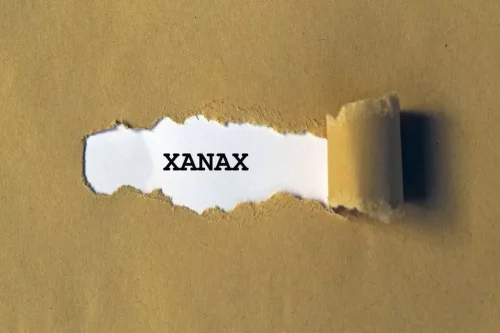22/11/2021
5 Common Fears in Recovery and How to Overcome Them

The first thing is that sobriety can be a really hard thing to face for a lot of addicts. There’s the chance that they might not make it through it, they could fail, and then there’s the pressure to succeed. There’s a fear of a life without the ability to ever drink or take drugs again. Staying sober means staying clean, and that alone can be a scary thought for many addicts and alcoholics. Facing the fear of judgment is a common challenge in the journey of recovery.
Individuals may fear being labeled, criticized, or misunderstood by friends, family, or society at large. This fear can be paralyzing and prevent individuals from seeking help, sharing their experiences, or fully embracing their recovery. A therapist who specializes in addiction and recovery can offer invaluable support. This might include providing strategies to manage fears related to sobriety and sensitively addressing underlying issues.

Eudaimonia Recovery Homes offers a structured sober living environment that helps you manage your recovery step by step. By breaking down your journey into manageable pieces, you’ll feel less pressure and more empowered to stay on track. Each small victory builds confidence and reduces the fear of long-term sobriety.

Fear is a common and understandable emotion in the recovery journey. Fortunately, there are effective strategies that can help individuals manage and overcome their fears. Three key strategies for managing fear in recovery are Cognitive-Behavioral Therapy (CBT), mindfulness and meditation, and relapse prevention techniques. A critical aspect of embracing sobriety is shifting perspectives. Many individuals in early recovery fear that their life will become boring without drugs and alcohol. However, sobriety opens up new possibilities for fun and fulfillment.

Practicing mindfulness and meditation are powerful tools for managing fear in recovery. These practices help cultivate present-moment awareness and promote a sense of calm and clarity [1]. By focusing on the present moment, individuals can reduce anxiety about the past or future, allowing them to better cope with fearful thoughts and emotions. Once you have identified your fears and the source of your anxiety, you can begin to develop coping mechanisms to deal with it. This may include talking to a therapist or attending support groups. There are many resources available to help you overcome your fears and live a life in recovery.

When you’re facing the fear of being sober, it’s easy to get overwhelmed by the idea of never drinking or using again. Focus on making it through today without substances, and let tomorrow handle itself. You might also think that life will be boring from now on. No more parties, no more going out with friends, no more crazy adventures. If you don’t want this to be true, it doesn’t have to be. Many people in recovery learn to enjoy social engagements without alcohol or drugs.

People considering recovery are afraid of failure – and many times, they’re afraid of their potential success. Because getting and staying clean means losing your primary excuse in life. It means becoming a productive member of society once more, who is expected to carry responsibility and always remain dependable and faithful. It means facing up to the havoc you’ve wreaked in the lives of family and friends, picking up the pieces of the precious relationships you’ve destroyed in your pursuit of substance use. Standing amidst the wreckage of your previous life, this thought can be a terrifying fear in recovery from addiction.
Simply the anticipation of a potentially unpleasant or stressful circumstance causes the brain to go into flight or fight mode. And since fear is always about something that might or could happen but hasn’t happened yet, it is a reaction to an imagined, rather than a real, event. Those who are overly pessimistic and say, “I’m going to be miserable forever,” will inevitably fail.
After you’re more secure in your sobriety, you’ll find that you’re actually MORE charming than “drunk you” could ever be. What you do NOT want to do is let your fear about what MIGHT happen with your friends in the future dictate what you do to take care of yourself in the present. Maybe these people have been in your life since childhood, and you’ve all fallen into the same trap. If a booked social calendar is important to you, you’ll find ways to be proactive and realign what you do to fit your new lifestyle. Sober movements are redefining what it means to have fun and challenging alcohol’s role in our social lives. After a while, you’ll be enjoying life on entirely different terms.
Whether it’s through fitness programs, art therapy, or mindfulness practices, finding joy in new activities can help you replace the fear of sobriety with excitement for the future. It is important to address these fears as they can make your recovery more challenging. Not only do they cause undue stress, but they can also be unmotivating and prevent you from taking action to change your life.
![]()